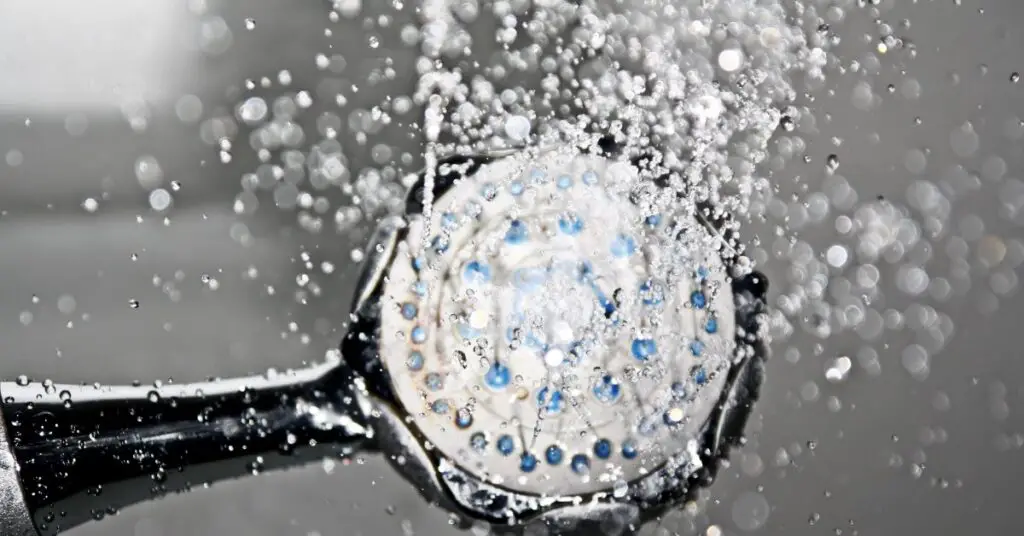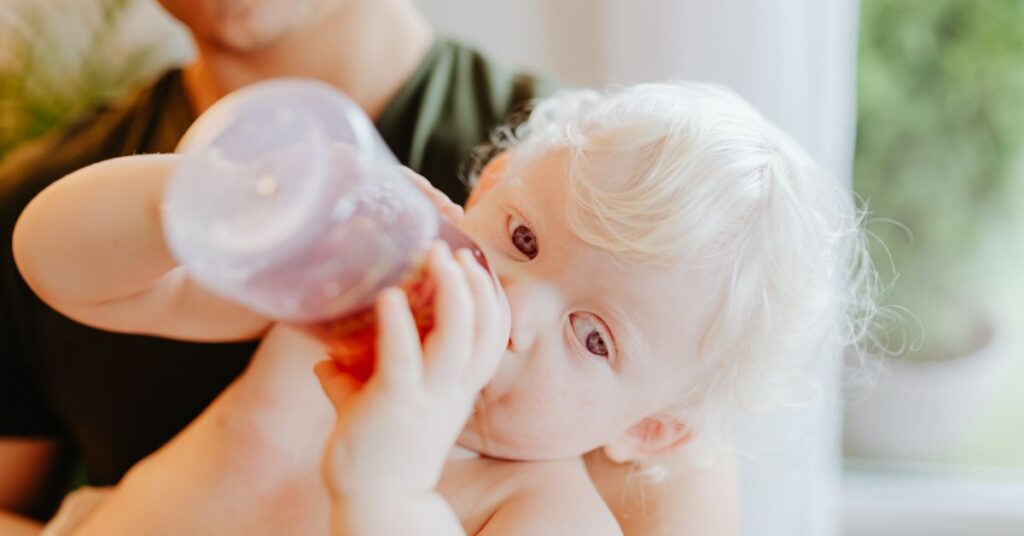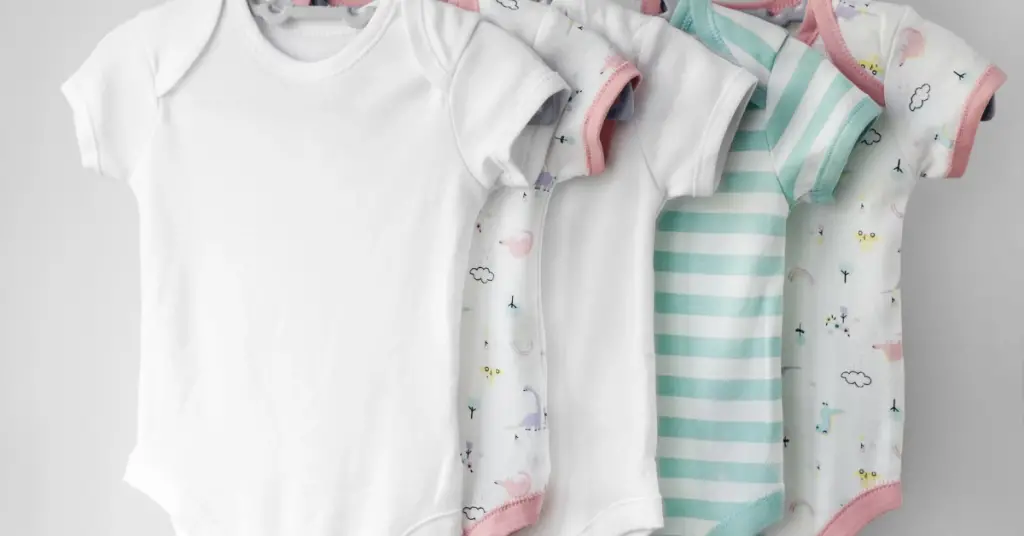Find out if you should wake your baby to change a dirty diaper in the middle of the night and the risks of not doing it.
The products mentioned on this page were independently selected by Babycious editors. As an Amazon Associate, Babycious may earn a commission from qualifying purchases.

Photo by William Fortunato
We’re all scared of waking up a sleeping little monster.
Right next to the fear of your baby getting a diaper rash or soaking the whole bed wet, sits the fear of waking your baby from their – oh so precious – sleep and proceeding to change their diaper at 2 a.m. So it can be a difficult decision to make, should you wake your baby to change a dirty diaper, or let them sleep through it?
You should always change a dirty diaper (with stool in it) as soon as you notice it, whether the baby is asleep or not. A dirty diaper does more harm than waking up your baby from sleep. On the other hand, a wet diaper can be left on for a little longer, as long as it’s not bothersome to the baby. If you are worried about your baby waking up during the diaper change, keep on reading for all the secrets to mastering the skill of changing a dirty diaper without waking your baby up.
Changing a Dirty Diaper Always Comes First
Stool can cause serious rashes and infections if left in contact with your baby’s skin for too long. Depending on how sensitive your baby’s skin is, I would change the dirty diaper right away as soon as you notice that your baby has pooped.
Fortunately, babies start having less and less bowel movements while sleeping around the 6 weeks mark. From there, your baby should only have frequent bowel movements if they are on medication or have loose stools, in which case, you should change the dirty diaper as soon as you discover it even if your baby is sleeping.
You will be late to discover a dirty diaper every once in a while – it happens to the best of us, so don’t be hard on yourself. So I recommend you use a nice layer of diaper cream all over your baby’s private area before closing the nighttime diaper especially if your baby is a newborn or if for some reason they are having looser stools than usual. This layer of ointment will act as a barrier between your baby’s skin and any eventual stool and give you enough time to change the diaper.
What About Wet Diapers?
In the case of a wet diaper, you should let your baby sleep unless they have very sensitive skin or rash. Babies are not expected to wake up dry. Waking your baby up every time they wet themselves while sleeping would only result in unnecessarily disrupting their sleep – and yours – which could potentially lead to sleep deprivation and frustration.
Wet diapers are not as dangerous as dirty diapers since there is no stool involved that can cause infections. In fact, urine is sterile so there shouldn’t be any issues with leaving it in contact with your baby’s skin for a few hours.
If your baby is really bothered by their wet diaper, they will wake up and let you know. If they don’t, just let them sleep.
If you are worried about your baby soaking the bed, here are some pro-tips to avoid the middle of the night sheets changing :
- Make the diaper change the last stop before putting your baby down for the night. This way, you make sure that your baby is going to sleep with a relatively dry diaper.
- Use a heavy-duty “nighttime” diaper that has good absorbency. The Huggies overnites worked great for us for containing leaks even when going twelve hours without a diaper change at night.
- Consider going a size up in the overnight diaper if the leakage persists.
- To protect your crib mattress from potential leaks, make sure to use a waterproof mattress cover under your crib sheets.
The Art of Changing the Diaper without Waking Your Baby Up
If changing a diaper is absolutely necessary while your baby is sleeping in the middle of the night, there are some things you can do to make the process as smooth as possible and avoid waking your baby up.
Step #1: Preparing the Gear
The first step is to gather everything you need for the diaper change so that you don’t have to go back and forth and risk waking your sleeping baby. Set a dim nightlight next to your baby and have a clean diaper, some wet wipes, and your diaper cream ready and within reach.
Warm baby wipes are key to not waking your baby up during a diaper change. If you don’t have a wipe warmer, you can just grab a few baby wipes and warm them up in the microwave for about a few seconds before the diaper change.
Step #2: Changing the Diaper
Once you have everything you need, it’s time to actually change the dirty diaper. Begin by gently sliding the diaper changing pad under your baby’s bottom. Open the onesie and diaper as gently as possible and wipe your baby’s bottom using the warm wipes, pat on the ointment, and fasten the clean diaper on.
Step #3 : Retreat
Now that your baby has a clean diaper on and is (hopefully) still sleeping, I wouldn’t worry about re-buttoning the onesie. Just grab everything and make your way back to bed!
There you have it – with stealthy, smooth movements and good preparation, you should be able to accomplish the diaper change without fully waking your baby up. And if your little one does happen to wake up during the process, don’t sweat it – a little foot massage or leg rubbing can go a long way in putting them back to sleep.
Final Thoughts
Despite the importance of changing a dirty diaper as soon as possible, don’t be hard on yourself if you miss a diaper change once or twice during the night. It happens to the best of us! Just make sure your baby has enough diaper cream to protect their skin at night from potential contact with stool.
In my experience, even when my daughter would wake up during the middle of the night diaper change, it didn’t upset her so much and she used to be able to go back to sleep with little to no help. In fact, it helped her sleep better when she had a clean diaper on.
Do you have any tips for changing a diaper in the middle of the night? Let me know in the comments below!
The purpose of this article is informative and educational only. It’s not a substitute for medical consultation or medical care. We do not accept any responsibility for any liability, loss, or risk, personal or otherwise, incurred as a consequence, directly or indirectly, from any information or advice contained here. Babycious may earn compensation from affiliate links in this content.



